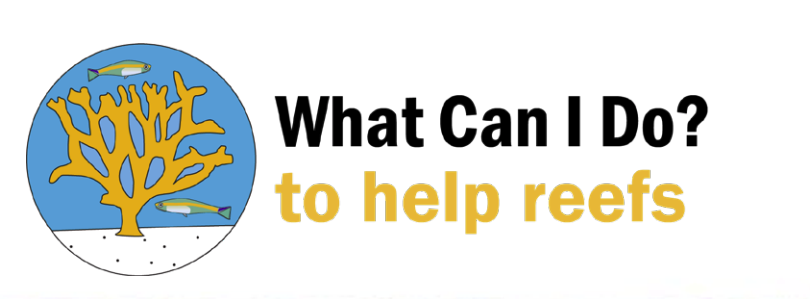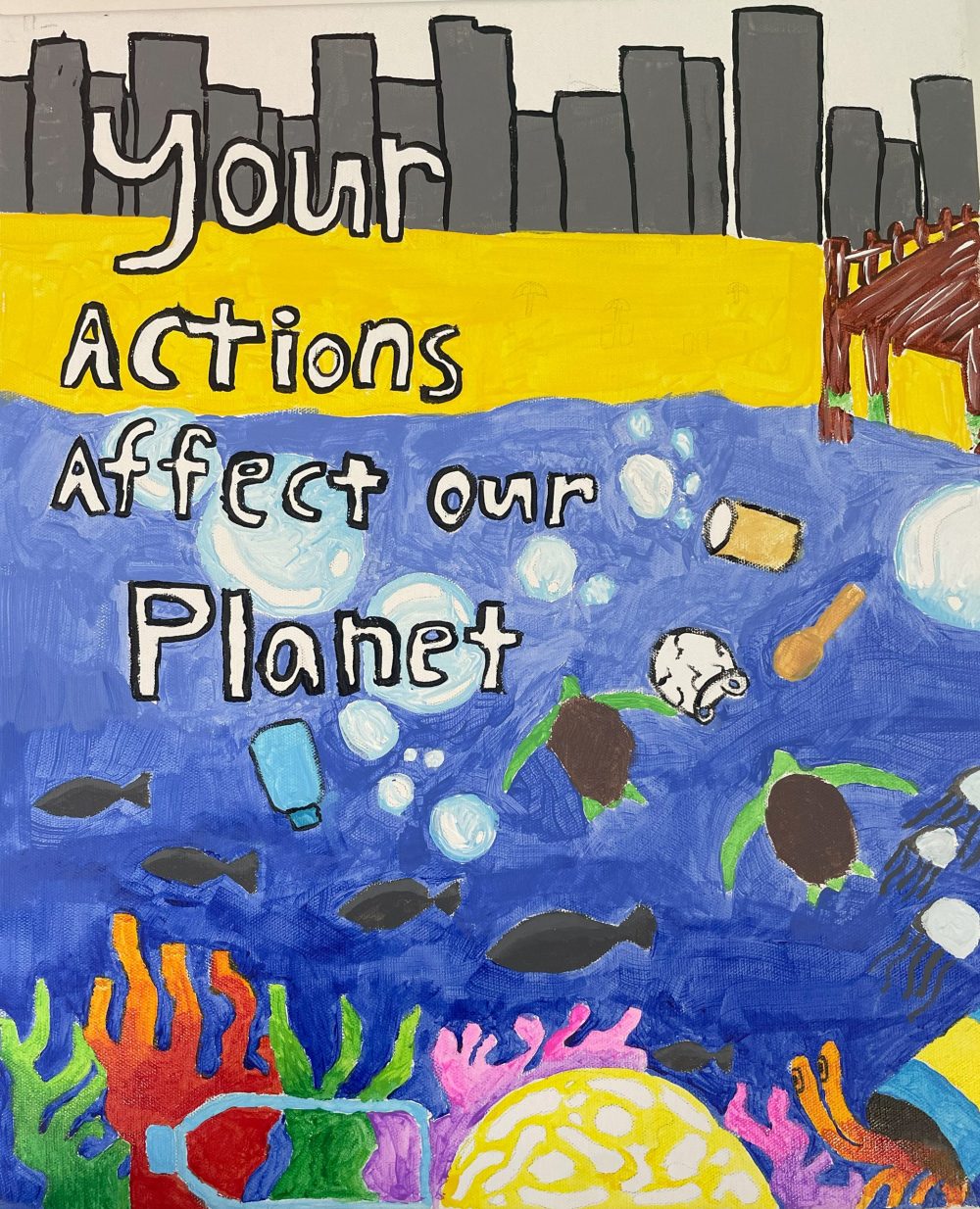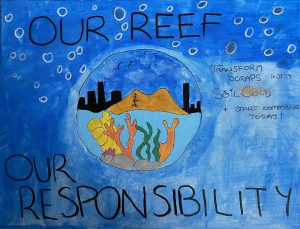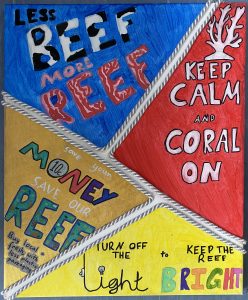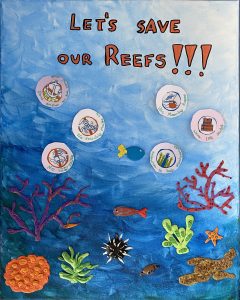Climate Action
Climate action is a broad term that can mean different things to different people. At its core, climate action means stepping up to protect our planet, our communities, and our future. It’s about the decisions we make (big and small) to address the global challenge of climate change. Whether it’s reducing greenhouse gas emissions, preparing for a changing climate, or ensuring fairness in how we tackle these issues, climate action involves us all. Climate mitigation is what people most commonly think of when they hear the term “climate action”. It focuses on reducing the main driver of climate change – the greenhouse gas emissions that are heating our oceans and planet. These gases come from things like burning coal, oil, and gas for energy, cutting down forests, and wasting food. Scientists around the world say that to avoid the worst effects of climate change we must keep temperatures to 1.5 degrees (even 2 degrees) above pre-industrial levels. To do this, we need to work together to rapidly reduce greenhouse gas emissions. These numbers may sound small, but they make a huge difference. Every fraction of a degree warming we can avoid means fewer heatwaves, less extreme weather, and better conditions for people and wildlife (including coral reefs!).
What can I do?
You might be wondering, but “How what does this mean for me? How can I make a difference?” The good news is that while climate change requires a collective response, it can start with everyday choices. As individuals, the actions we take in our homes, communities, and daily routines can account for up to 30% of the emissions reductions needed to stabilise the climate – which might not sound like a lot but could mean a world of difference for vulnerable ecosystems like coral reefs. For example, taking actions like switching to renewable energy and making thoughtful choices about the way we eat and travel, can make a real difference in bringing down emissions. But what about the other 70%? That’s where bigger, collective action comes in! The remaining challenge involves transforming entire systems (known as systems change)—how we produce energy, grow food, build cities, and move people and goods around the world.
This might sound daunting, but here’s the exciting part – we have the power to influence those systems too. By choosing to actively support climate-friendly policies, start meaningful conversations, encourage businesses and institutions to adopt greener practices, and call for bold climate leader ship, we can help create the large-scale change needed.
Climate action isn’t just for experts—it’s for everyone! It’s never too late to start, and every step we take makes a difference.
Additional Resources:
Household actions can provide a behavioral wedge to rapidly reduce US carbon emissions, Dietz et.al, PNAS, 2009
Project Drawdown – solutions
As individuals, the actions we take in our homes, communities, and daily routines can account for up to 30% of the emissions reductions needed to stabilise the climate – which might not sound like a lot but could mean a world of difference for vulnerable ecosystems like coral reefs. For example, taking actions like switching to renewable energy and making thoughtful choices about the way we eat and travel, can make a real difference in bringing down emissions.
